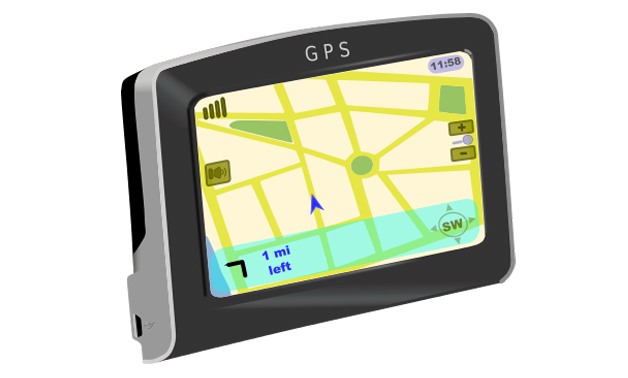
GPS navigator – Wikimedia Commons via Wikipedia
CAIRO – 27 June 2017: Researchers from University College London have found when using GPS, parts of the brain that are responsible for navigation are left dormant.
Smart phones occupy a huge role in our daily lives, from phone calls and meetings reminders to alarm clocks and more. Navigation is just another task that has been replaced by our phones, guiding us to our exact locations regardless of the consequences.
With the goal of exploring how driving and using navigation technology changes the way people engage with their physical and social spaces, the series of experiments used MRI scans of brain activity for 24 volunteers who were told to navigate an area in central London using GPS or find their own way.
How many times have you followed GPS and ended up at a dead end, or on a construction route? That is because GPS does not account for road signs and/or construction, but simply the “fastest route.”
Lead researcher Hugo Spiers, explained that when technology tells us where to go the parts of our brain normally responsible for the planning (prefrontal cortex) and navigation (hippocampus) don’t respond to the street network. “In that sense our brain has switched off its interest in the streets around us,” commented Spiers in an interview for the Guardian.
Some people follow their GPS blindly to the extent that drivers have been reported as driving off a cliff or into the waters. As Spiers suggests, this is because the use of GPS hinders our neuronal activity where we are not paying attention to the route taken and have difficulty “re-centering” our directions when GPS misleads us.
The results of the study indicated that when we are being fed turn-by-turn directions for entering a new street, the spikes of neuronal activity in the hippocampus and prefrontal cortex are not as pronounced as those using the old-fashioned navigation methods.
The brain is a muscle, and just like how we workout every muscle in our body at the gym, your brain needs training too. The study suggests that not practicing our navigation and planning skills will leave those parts of the brain dormant.
Getting lost when your phone dies, forcing you to rely on the tradition methods of reading signs and landmarks to navigate, might be the thing you need to work out your hippocampus and cortex muscles.
Comments
Leave a Comment